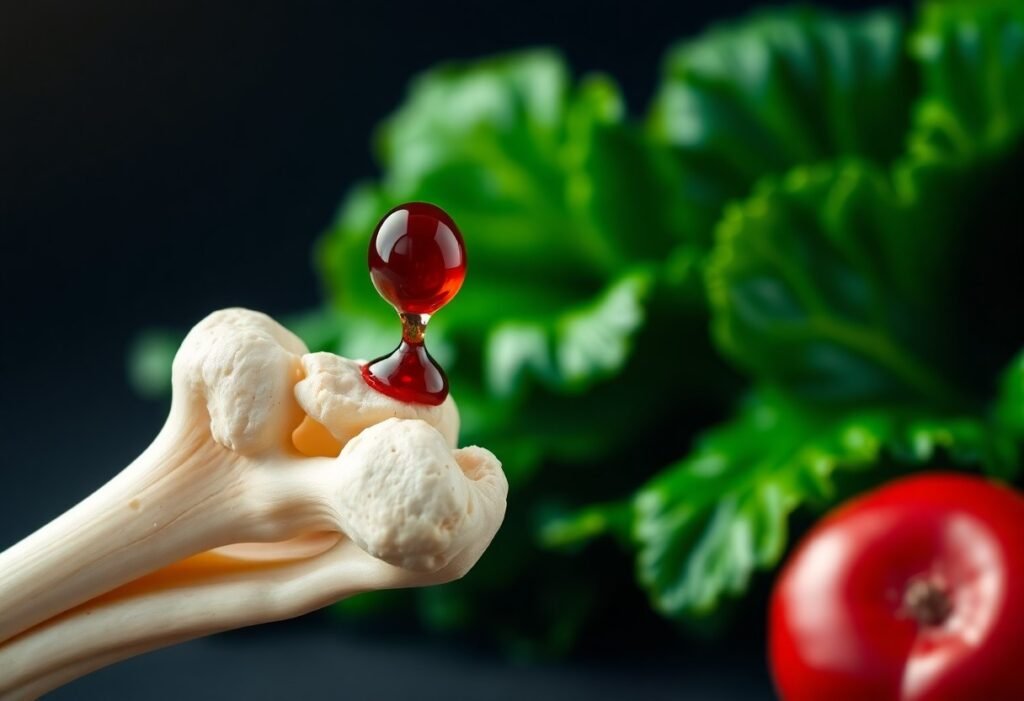
There’s a significant connection between your health and the nutrients you consume, and vitamin K is one that plays vital roles in two major bodily functions: bone health and blood clotting. Understanding how vitamin K works can empower you to make informed dietary choices that can benefit your overall wellness.
Vitamin K exists in two forms: K1 and K2. Vitamin K1, also known as phylloquinone, is primarily found in green leafy vegetables such as kale, spinach, and broccoli. On the other hand, vitamin K2, or menaquinone, is found in fermented foods and animal products like cheese, egg yolks, and natto, a fermented soybean dish that is especially rich in K2. Both forms contribute to your vitamin K levels, but they serve slightly different purposes in your body.
In the matter of bone health, vitamin K supports the function of osteocalcin, a protein necessary for binding calcium in your bones. Without adequate vitamin K, osteocalcin cannot effectively bind to calcium, which may lead to weaker bones and a greater risk of fractures. Research highlights that a diet rich in vitamin K can enhance bone density, promoting sturdier skeletal structure throughout your life. This is especially important as you age and naturally lose bone density, making it crucial to ensure you’re receiving sufficient amounts of this vitamin.
Moreover, vitamin K plays an crucial role in regulating calcium levels in your body. It ensures that calcium is deposited in the bones and teeth where it is needed, while preventing its accumulation in the arteries and other soft tissues. This not only contributes to stronger bones but also supports cardiovascular health. By maintaining healthy calcium levels, vitamin K may aid in reducing the risk of heart disease, making it a valuable nutrient for both bone and heart health.
Vitamin K is equally important in blood clotting, a process that prevents excessive bleeding when you sustain injuries. Vitamin K serves as a key player in the production of several clotting factors—proteins necessary for blood coagulation. When you sustain a cut or injury, these clotting factors act quickly to create a clot, sealing the wound and preventing blood loss. A deficiency in vitamin K can lead to problems with blood clotting, resulting in excessive bleeding, which illustrates how this vitamin supports your body’s natural healing process.
Given its importance in both bone health and blood clotting, ensuring you include sufficient vitamin K in your diet is crucial. You can easily incorporate these foods into your meals. For example, adding a side of steamed broccoli or a fresh spinach salad can help increase your intake of vitamin K1. For vitamin K2, consider including fermented foods like yogurt or a serving of natto in your diet. In addition, talk to your healthcare provider if you’re considering vitamin K supplements, especially if you are on blood-thinning medications, as they can interact with how well these medications work.
In summarization, vitamin K plays an integral role in maintaining bone health and facilitating blood clotting. By aiming for a balanced diet rich in this important vitamin, you support both your skeletal integrity and your body’s ability to heal and recover. Make informed dietary choices—your bones and your blood will thank you!
